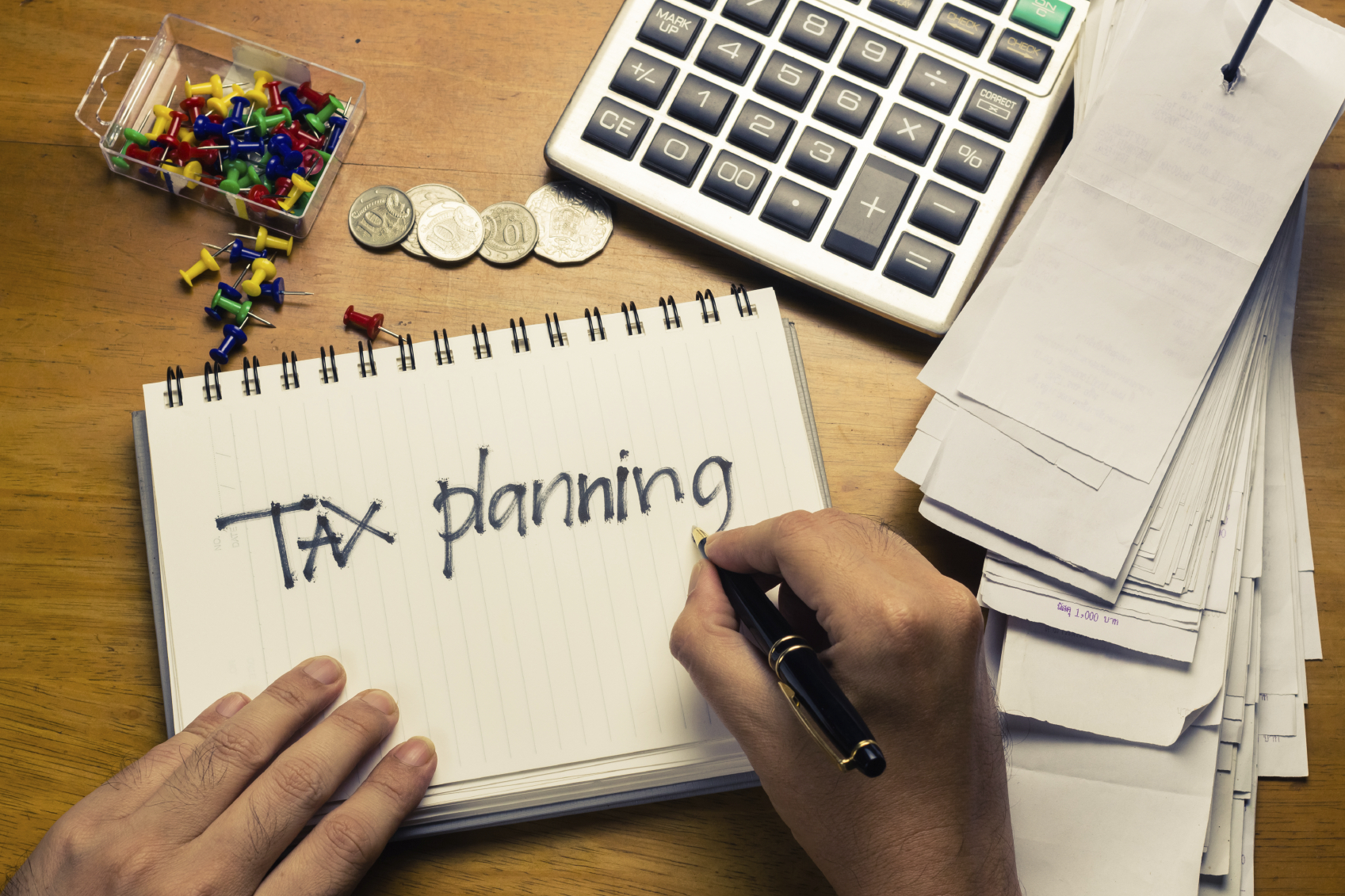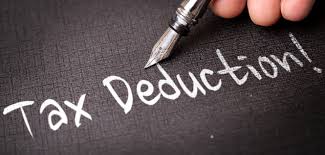End of year tax planning – when should I think about this?
There is always a rush at the end of the financial year for businesses to book in to speak to us about their end of year tax planning options.
Rather than rushing around in June to implement strategies to optimise your tax position, you should regularly review the financial performance of your business and plan for upcoming tax liabilities. Set aside specific time on a regular basis (eg. at the end of each month or each quarter when you are preparing your BAS) and use this time to review how your business is performing.
When you are reviewing your business for tax, think about:
- What profit has your business made?
- What is your estimated tax liability on your profit?
- Are you paying tax instalments to the ATO towards this tax liability? If not, have you made provisions for this tax liability within your cashflow forecasting?
- Are there proactive steps you can take throughout the year to optimise your tax position?
While we sit down with business clients in May/June to review their results and plan for year end tax, there are things that you can do throughout the year to get a better tax outcome, for example:
- If you want to purchase a new vehicle and can claim a deduction for the vehicle – it needs to be ready for business use prior to 30 June (this may mean ordering the vehicle now so it is here in time).
- If you want to put more money into super, you may need to build this into your cashflow forecasts (or put the money in on a regular basis) so it is not a large cash drain in June.
- If you want to pay directors an appropriate salary for their services, this should be recorded and paid throughout the year and reported via single touch payroll to the ATO. If this is left to June, there will be a significant cashflow burden for the withholding tax and super liability.
These are just some of the examples of things you can do throughout the year to help your tax position.
So while we may refer to it as “end of year” tax planning, it is better to think of it as year round tax planning.
We are happy to sit down with you on a regular basis to help you review your business performance, cashflow and tax planning – just give us a call to discuss.
DISCLAIMER: The information in this article is general in nature and is not a substitute for professional advice. Accordingly, neither TJN Accountants nor any member or employee of TJN Accountants accepts any responsibility for any loss, however caused, as a result of reliance on this general information. We recommend that our formal advice be sought before acting in any of the areas. The article is issued as a helpful guide to clients and for their private information. Therefore it should be regarded as confidential and not be made available to any person without our consent.

Jeanette has over 20 years experience as an accountant in public practice. She is a Chartered Accountant, registered tax agent and accredited SMSF Association advisor. When she is not helping business owners grow their empires, you will likely find her out running on the trails or at the gym. Book in to see Jeanette today.




